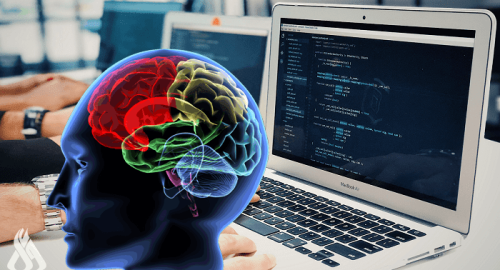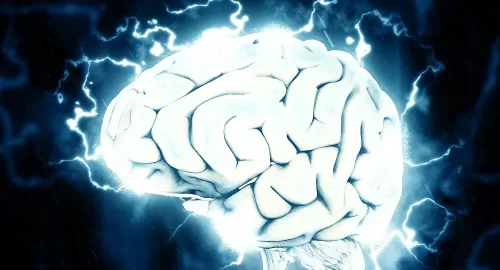
Our brains are programmed to keep wanting more - even if it leads to unhappiness, study shows

Multimedia
- 10-08-2022, 09:45
INA- sources
Now, researchers have used computer models to try and explain why we constantly crave more and more material things – even when they make us feel miserable.
The new study was led by researchers at Princeton University's Department of Psychology in New Jersey.
'From ancient religious texts to modern literature, human history abounds with tales describing the struggle to achieve ever-lasting happiness,' they say in their paper.
'Paradoxically, happiness is one of the most sought-after human emotions, yet achieving it over the long-term remains an elusive goal for many people.
'Our results help explain why we are prone to becoming trapped in a cycle of never-ending wants and desires, and may shed light on psychopathologies such as depression, materialism and overconsumption.'
According to the experts, two psychological phenomena mean our brains relentlessly pursuit material goods.
Firstly, human happiness is influenced by a phenomenon called 'relative comparisons'.
This means that we're often concerned with the difference between what we have and a desired level that we wish to achieve.
Secondly, what it takes to be happy depends on our prior expectations, but these expectations can change over time.
Lead study author Rachit Dubey at Princeton told MailOnline: 'Our paper was inspired by findings about human happiness (particularly our propensity to keep wanting more) and we wanted to provide an explanation for this behaviour.'
In their experiments, the team created computer simulated agents to represent real human 'brains' and how humans think, and taught them 'reinforcement learning'.
Dubey said: 'Reinforcement learning methods focus on training an agent (e.g., a robot) so that the agent learns how to map situations to actions (e.g., learning how to play chess).
'The guiding principle of these methods is that they train agents using rewards – they provide positive rewards to desired behaviors and/or negative rewards to undesired ones.'
Some of the brains were given a simple 'reward', while others were given an extra reward when they based decisions on prior expectations and on comparing their rewards with others.
Researchers found the latter group was less happy, but learned faster than the former, and outperformed them in all the tests they carried out.
This suggests we are going to be less happy the more we're rewarded when comparing ourselves to various standards.
Dubey told MailOnline: 'Our computer-based simulations suggest that it has advantages – if we are never satisfied, we are constantly driven to find better outcomes.
'However, this also has disadvantages – we are constantly devaluing what we already have, which in extreme cases, can result in depression and overconsumption.'
Dubey also acknowledged the question of how reliably such computer methods can map human behaviour.
'Caution must be exercised when generalizing our simulation-based results to real-world scenarios,' he told MailOnline.
The team's paper has been published in the journal PLoS Computational Biology.
source: daily mail
US Central Command: We killed ISIS terrorist leader Abu Yusuf in Syria
- International
- 24/12/20
Liverpool compete with Real Madrid to sign Olympique Lyonnais star
- Security
- 24/12/19
ISC, ADX discuss Strengthening Economic Ties
- Economy
- 24/12/16
Iraq assumes presidency of Arab Investment Company’s Executive Board
- Economy
- 24/12/17












